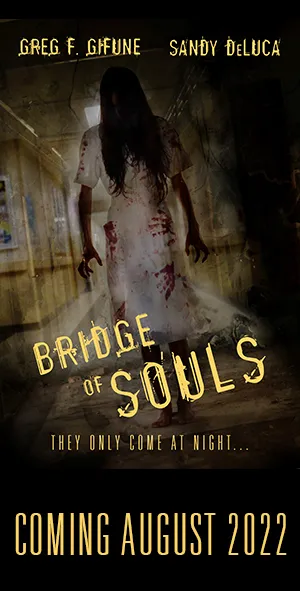 When I reviewed James Cooper’s The Beautiful Red several months ago, I briefly lamented the fact that the stories contained in that collection were for the most part surreal in nature, while I preferred Cooper’s work that features more of a realistic bent. I’m happy to say that Cooper’s recent novella Terra Damnata, from PS Publishing, is gritty and lucid, and it’s thus perhaps no surprise that I found it to be a gripping read.
When I reviewed James Cooper’s The Beautiful Red several months ago, I briefly lamented the fact that the stories contained in that collection were for the most part surreal in nature, while I preferred Cooper’s work that features more of a realistic bent. I’m happy to say that Cooper’s recent novella Terra Damnata, from PS Publishing, is gritty and lucid, and it’s thus perhaps no surprise that I found it to be a gripping read.
At its heart, Terra Damnata is a tale of anguish, loss, and regret, as personified by two very different couples who’ve both endured the tragic deaths of adult children. It’s been less than a week since Arthur and Beth Woodbury lost their daughter Cherise to a drunk driver, but before they’ve even begun to come to terms with that event, they’re forced to deal with a bizarre intrusion upon their grief by millionaire Rupert Appleton, whose son Daniel was likewise killed by a drunken driver, several months previously. Since Daniel’s death, Rupert’s wife Hester has become obsessed with the idea that the unmarried Daniel will be spending eternity alone.
“She’d stumbled upon an old Chinese tradition where relatives of the dead would shower the grave with archaic objects to supposedly make the deceased’s afterlife more pleasant. When she started to leave some of Daniel’s childhood toys inside the vault, Appleton had sat in his darkened conservatory and cried.
Hester had also unearthed another ancient tradition, this one slightly more bizarre. Apparently some Chinese families of dead bachelors would buy corpses of unmarried women and bury them with their sons in posthumous wedding ceremonies, thus ensuring both spirits a smooth passage into whatever awaited them on the other side. Hester had become so enchanted by this idea that it seemed to Appleton a more effective outlet for the woman’s grief than five years of therapy. He’d agreed to buy Daniel a bride, someone his son might have connected with had both parties still been alive, if for no other reason than to satisfy his wife’s flailing spiritual belief. Yes, it was desperate; yes, it was obscene, but he was doing it, Appleton said, simply because he could.”
Arthur and Beth are, of course, initially inclined to rebuff Rupert’s overtures, but there are complicating factors that force them to reconsider. Arthur has a gambling addiction that has not only burned through the family’s savings but also led him to build up a substantial debt to casino owner Norman Foley who, not surprisingly, is an evil man who’s prepared to bring real harm to Arthur and his wife if the debt is not repaid. Faced with the loss of everything they have, and the real threat of physical violence, the Woodburys are forced to accept Rupert’s offer.
In possession of a check that will pay off his debt and leave him with plenty left over, Arthur’s first move is to return to the casino tables, a reaction sure to make most readers cringe in anticipation of a character intent on self-destruction. But Arthur is not a simple character, and all is not as it seems. Throughout, Cooper’s prose is rich yet precise, creating lasting images such as the one conjured by this description of Arthur’s return to Foley’s casino:
“There was a rich, hedonistic cloud of cigar smoke circling the room and six roulette tables spaced evenly along the posterior wall. Behind each table was a meticulously-dressed croupier, each one bearing the solemn demeanour of a pall bearer, understanding implicitly that each client was engaged in a personal duel, not against the House, but against chance itself and whatever demons their desire had conjured up.”
After Arthur’s re-entry into the world of gambling, he finds that he’s not finished with experiencing tragedy, either. To say much more would be to risk a spoiler, but suffice to say that Norman Foley has a central role in the proceedings. Terra Damnata is seemingly the perfect length, and the perfect style, for Cooper to show his stuff, and he certainly delivers the goods.
- CROGIAN - August 17, 2013
- Dark Dreams, Pale Horses - November 25, 2012
- Black Horse and Other Strange Stories - August 13, 2012
- Sudden Death Overtime - August 13, 2012
- Pray to Stay Dead - August 13, 2012
- Acheron - August 13, 2012
- The Female of the Species - August 13, 2012
- Deadfall Hotel - April 17, 2012
- Terra Damnata - April 17, 2012
- Lest You Should Suffer Nightmares: A Biography of Herbert van Thal - November 9, 2011







